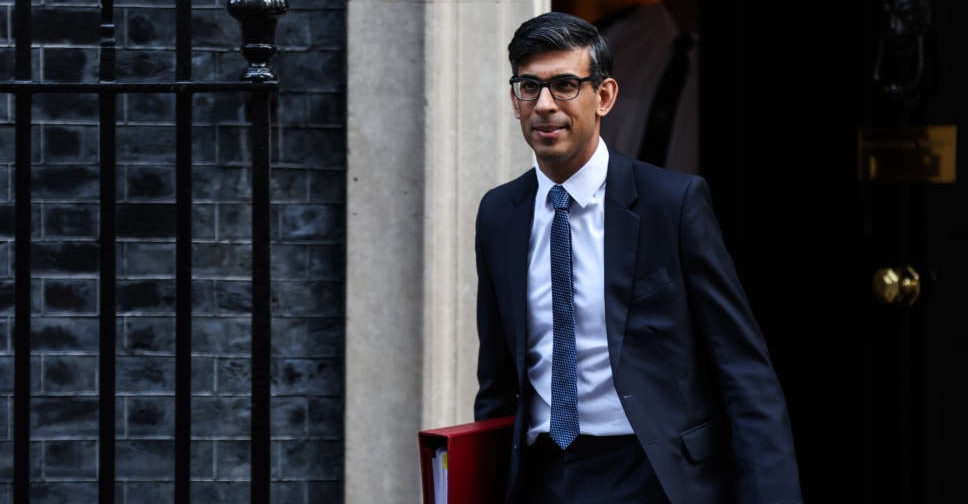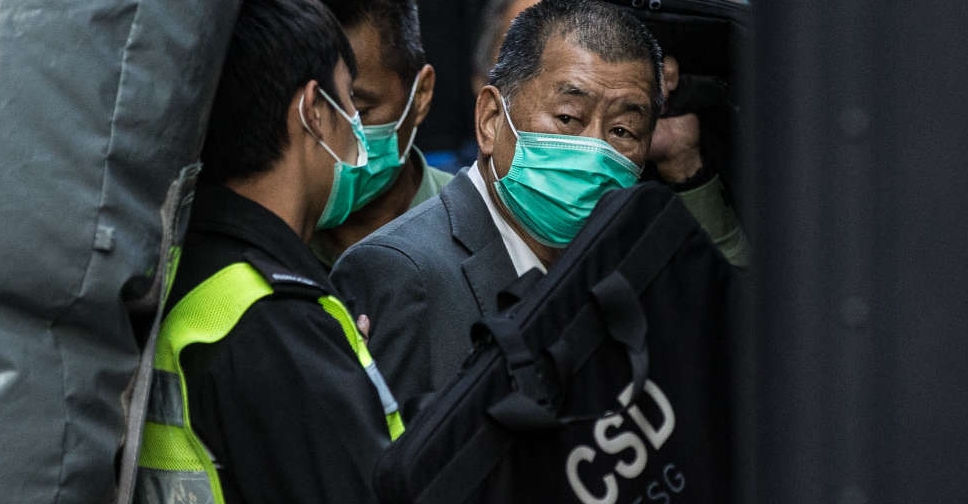
British Prime Minister Rishi Sunak faces a major parliamentary showdown on Wednesday over his plan to send asylum seekers to Rwanda, with many of his own lawmakers threatening to rebel after they lost an initial bid to toughen his proposed law.
The government comfortably defeated amendments to strengthen the bill late on Tuesday that had been backed by almost a fifth of lawmakers from Sunak's Conservative Party. But he only won because most opposition parties voted against the rebels, whose action has again exposed deep divisions in the governing party.
The Conservative rebels, who backed changes to close what they say are loopholes in the legislation, will now have to decide whether to back down, or join forces with opposition parties to try to defeat the government at the law's final stage in the House of Commons, known as a third reading.
While one senior rebel lawmaker said the group had enough backing to defeat the government, some centrist Conservatives believe only a small number will vote against the legislation mindful of pressure from voters to tackle migration.
With an election due later this year, many Conservative lawmakers are fearful of losing their parliamentary seats.
The resignations of two Conservative vice-chairmen before the start of voting on Tuesday underscored the divisions in the party over the legislation, which Sunak believes is crucial for reviving the Conservatives' popularity before the election.
Simon Clarke, a former Conservative minister, said he was prepared to vote against the government, because the patience of the public with illegal migration would soon be "exhausted" and he did not believe the legislation as drafted would work.
Defeat would be a huge embarrassment for Sunak and would severely weaken his authority over his party.
SMALL BOATS
Sunak has made stopping arrivals of asylum seekers crossing over from France on small boats a central aim of his government.
Most of them say they are fleeing wars and abuse in the Middle East, Africa and South Asia and the majority of arrivals in the last five years whose cases have been completed have been given refugee status.
But the British government says about 90 per cent making the journey are men, and many of them are economic migrants rather than genuine refugees.
The legislation has alienated both moderate Conservatives, who are worried about Britain breaching its human rights obligations, and right-wingers, who contend it does not go far enough.
About 60 Conservative members of parliament voted for a rebel amendment that would have prevented any international law from blocking deportations.
That number would spell defeat for the government in Wednesday's final vote if they all vote against the legislation alongside opposition parties, who say the Rwanda plan is unworkable and a waste of money.
In a pointed reminder to Conservative lawmakers, Sunak's spokesman said on Tuesday that passing the legislation was the fastest way to get flights off to Rwanda.
So far no asylum seekers have been sent to Rwanda because of legal challenges.




 FBI foils "terror plot" targeting Los Angeles
FBI foils "terror plot" targeting Los Angeles
 Hong Kong court finds tycoon Jimmy Lai guilty in landmark security trial
Hong Kong court finds tycoon Jimmy Lai guilty in landmark security trial
 Ukraine peace talks stretch into second day at start of pivotal week for Europe
Ukraine peace talks stretch into second day at start of pivotal week for Europe
 Flash floods kill at least 37 people in Morocco's Safi province
Flash floods kill at least 37 people in Morocco's Safi province
 'Hero' who disarmed Bondi gunman recovering after surgery, family says
'Hero' who disarmed Bondi gunman recovering after surgery, family says



